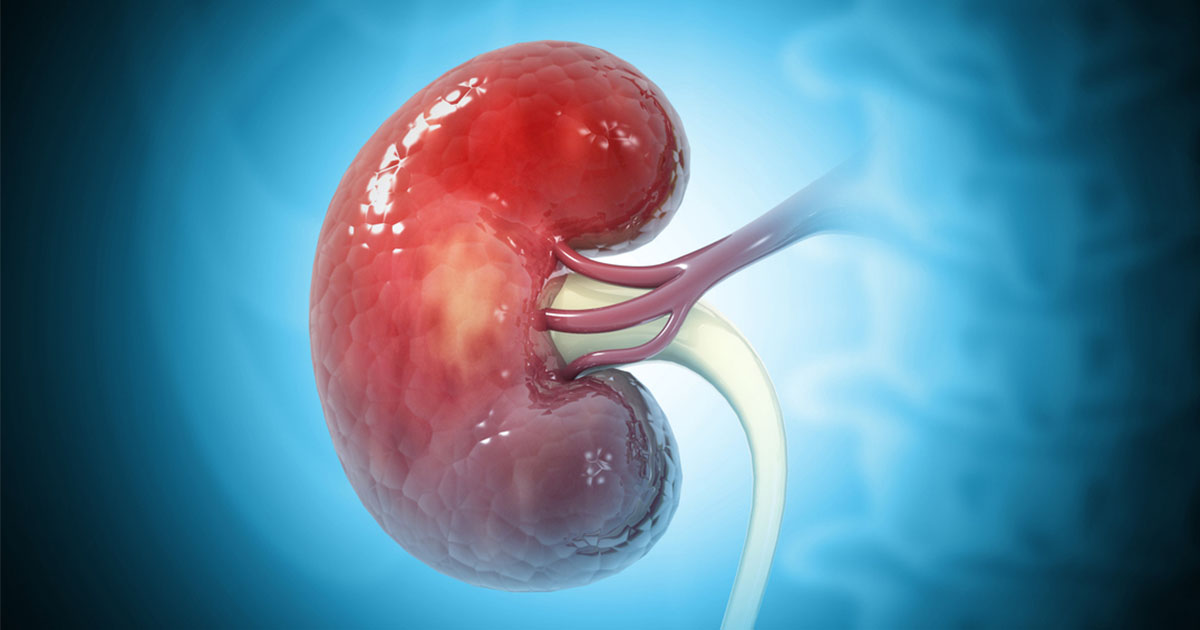The following article by Su Down describes the commissioning of a diabetes service in Somerset and illustrates many of the issues and tensions currently affecting the NHS and its evolution under the coalition government, as well as the ongoing challenges of diabetes management.
The redesigned service demonstrates the advantages of working together and strengthening existing provider services, with the PCT, all 75 GP practices and secondary care engaged to provide a new integrated service for people with diabetes in Somerset.
There are, however, potential advantages of using competition and “any willing provider” mechanisms to generate choice, innovation and efficiencies, as described in Equity and Excellence: Liberating the NHS (Department of Health [DH], 2010). This is still a concern for many healthcare professionals and service users who prefer working with familiar providers, as shown by the response to the Government’s consultation process (DH, 2011). The Somerset service faces the challenge of meeting the needs of nine GP federations, all serving different populations and potentially requiring more choice of services to reflect those local variable needs. For example, Somerset has invested in providing a comprehensive roll-out of DESMOND (Diabetes Education and Self-Management for Ongoing and Newly Diagnosed) and DAFNE (Dose Adjustment For Normal Eating) education programmes, but smaller novel providers may offer more appropriate patient education programmes, and therefore choice, for people who are not suitable for these.
The article also illustrates the skills required for a successful redesign of services: leadership, financial management, business planning, project management, the ability to access funding and resources, and consulting with stakeholders and the public. These are the skills recommended in setting up the contentious concept of social enterprises in healthcare (DH, 2007), which seem so alien to most of us used to working in the NHS, yet being encouraged by the coalition Government.
The Government has responded to criticism and concern about the use of “any willing provider” by changing this to “any qualified healthcare provider”. The significant investment to provide diabetes training for the healthcare providers in Somerset recognises how important it is to ensure that healthcare professionals are fit to provide a high-quality diabetes service. There is an increasing emphasis on demonstrating competency, for example with the revision and launch of An Integrated Career and Competency Framework for Diabetes Nursing (TREND UK, 2011) at the Diabetes UK conference earlier this year. We are familiar with empowering people to self-manage their condition, reinforced through standard 3 of the National Service Framework for diabetes (DH, 2001), but empowering the healthcare professionals who work with them is also important. This increases capability and capacity in the workforce, which can lead to innovation and efficiencies. There is a great opportunity for institutions of higher education to develop specific education programmes to shape the skills of healthcare professionals and unregistered practitioners in health so they are qualified to meet the needs of new services.
One of the drivers for the redesign in Somerset was the recognition that there was a large population of people with undiagnosed diabetes, with variation across the county in the successful identification of such people. As diabetes services struggle to cope with increasing numbers of people with the condition, it is sobering to recognise that there is still a lot of unmet need, and more work on its way with the impending guidance from NICE on identification and management of people with pre-diabetes. Working more effectively with existing providers, and working with any qualified novel providers, will be needed to cope with the increasing workload within the constraints of limited resources.





SGLT2 inhibitors show greater cardiovascular effects in older versus young people, whilst GLP-1 RAs are more effective in younger people.
1 May 2025